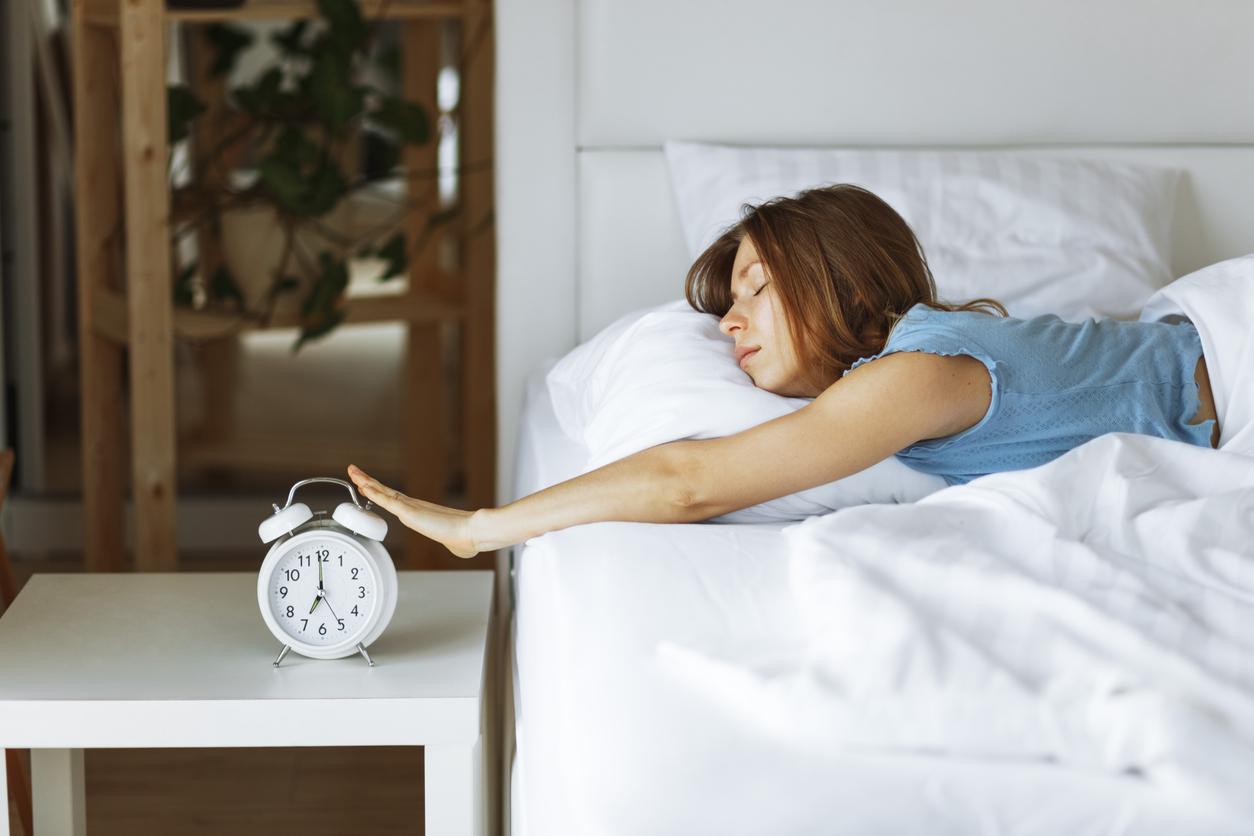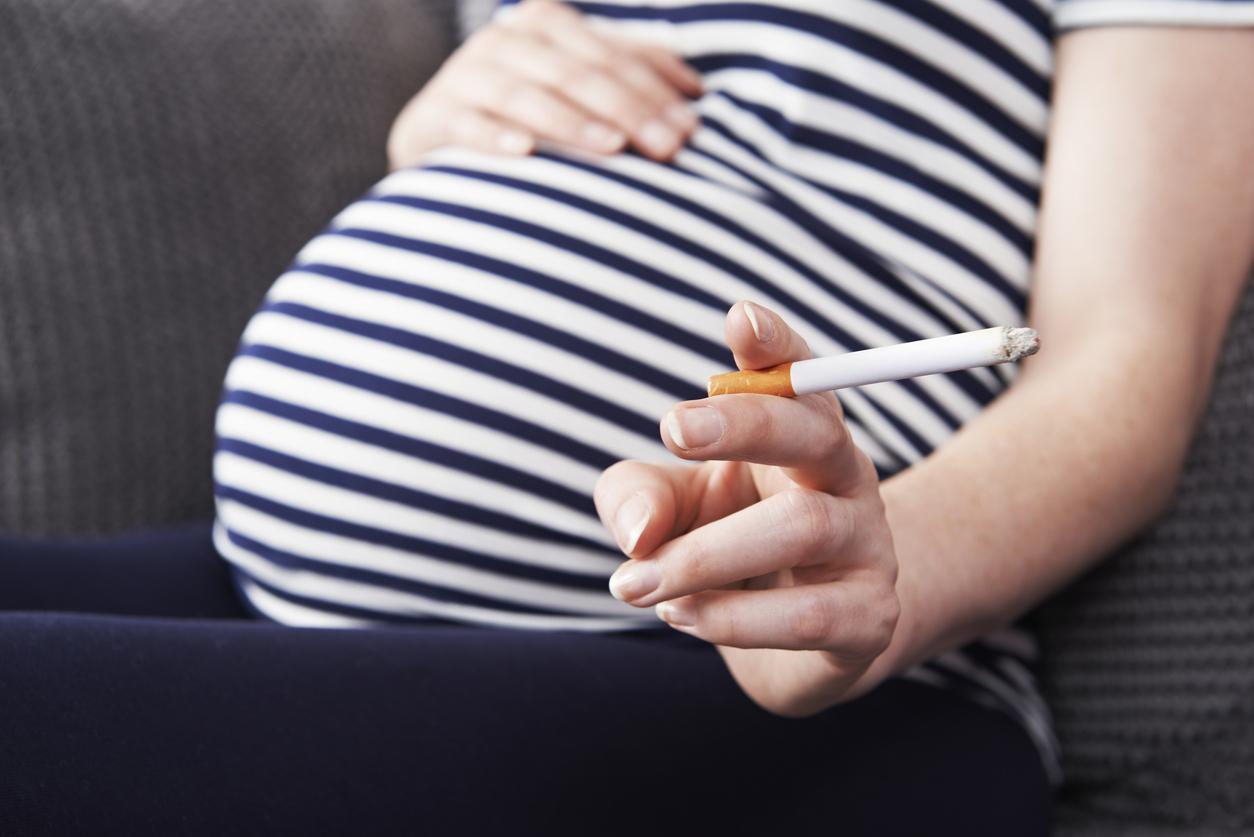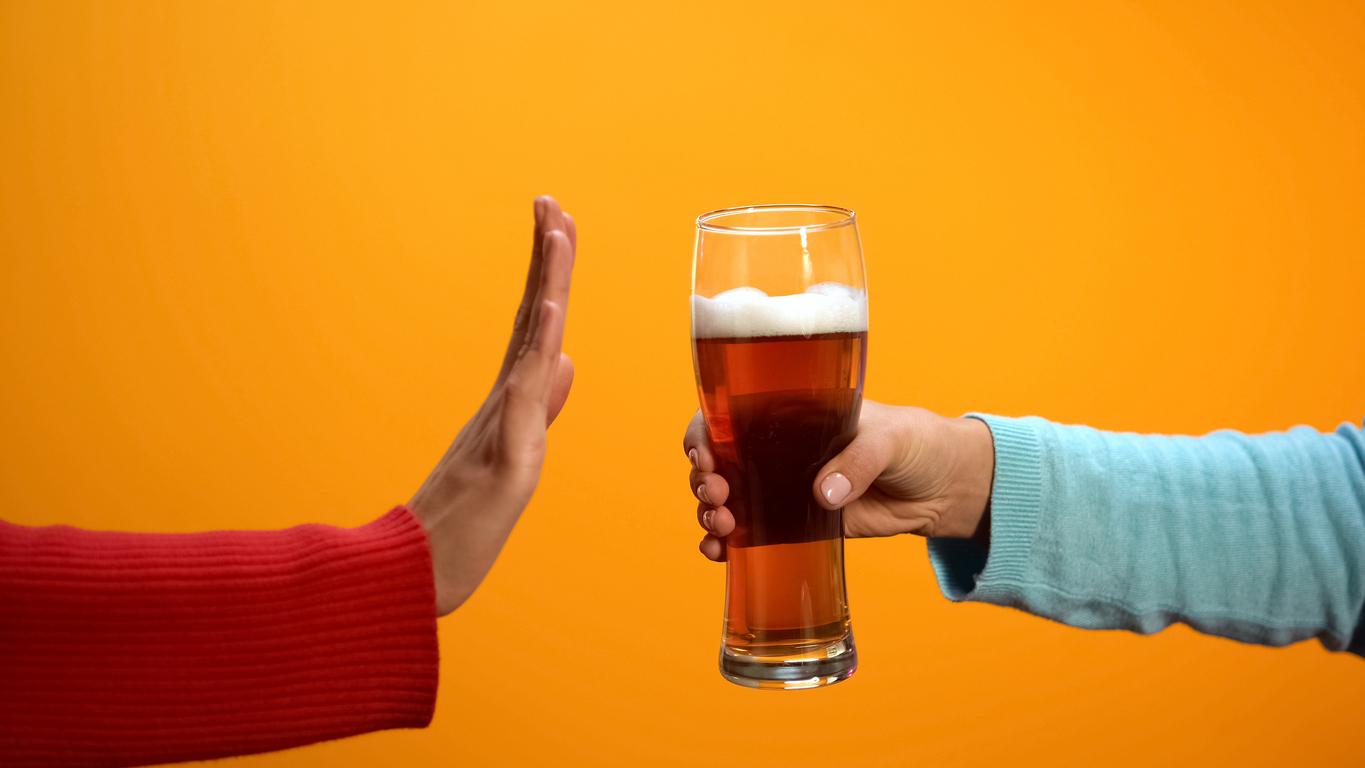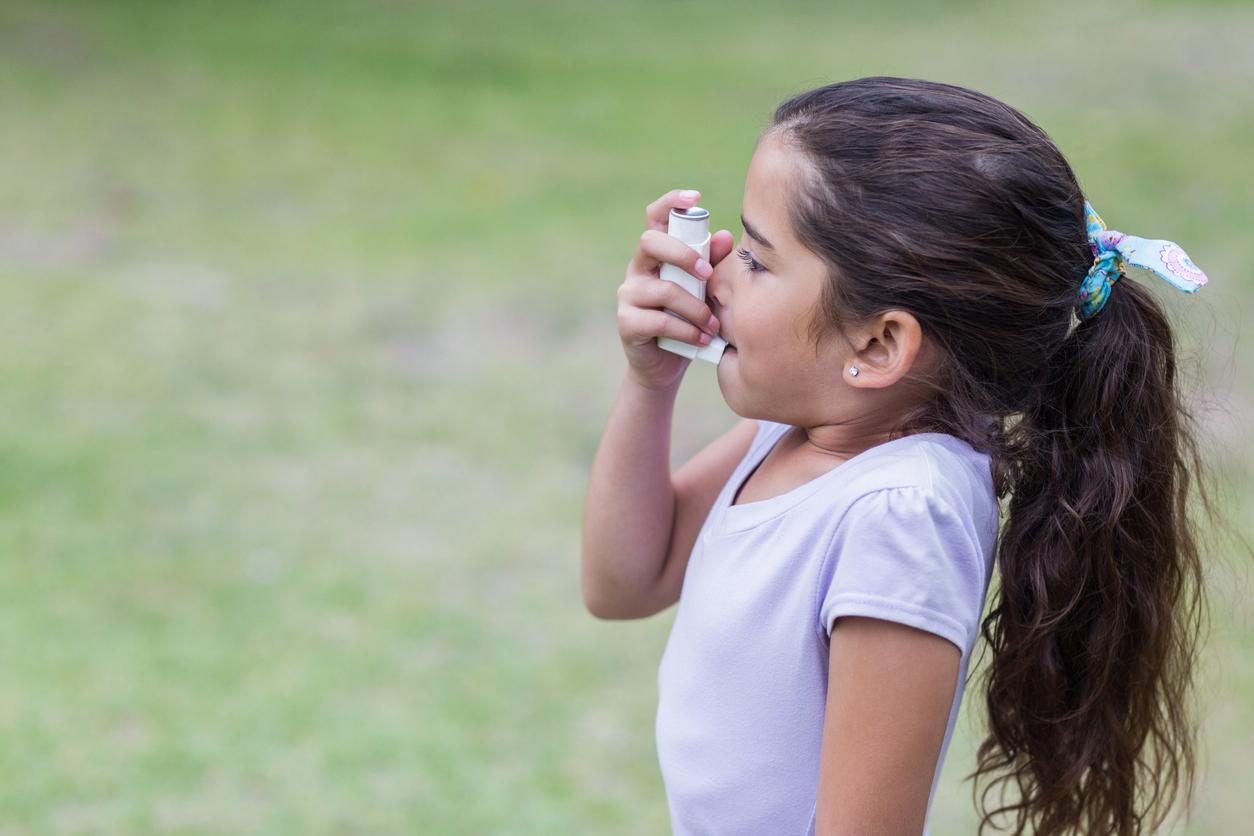Staying up late or sleeping little during childhood increases the risk of using alcohol or marijuana by age 15, a new study finds.
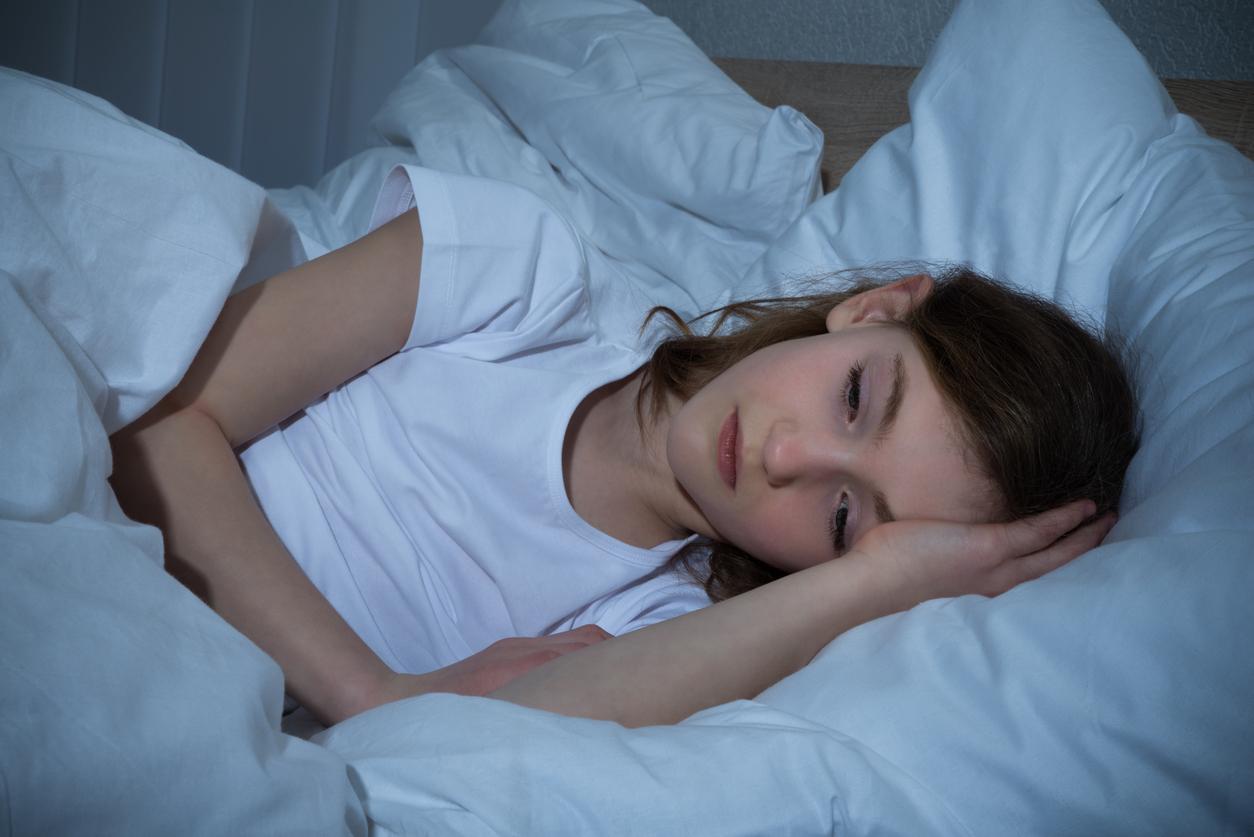
- Teens were more likely to have used alcohol or tried marijuana before age 15 if they went to bed later and slept fewer hours as children, a new study finds.
- The link persisted as they grew older. Teens who went to bed late were 39 percent more likely to drink alcohol.
- For the team, improving sleep in the school-age population could reduce risky behaviors such as alcohol and other substance use.
Teaching children good sleep habits may not only help ensure their health. It may also help reduce their risky behaviors involving alcohol or cannabis in adolescence, according to researchers at Penn State University.
Child: A link between sleep habits and substance use
The study, presented in the journal Annals of Epidemiologyfocused on data from 1,514 children living in 20 U.S. cities. Parents were asked to report their children’s usual bedtime on weekdays at ages three, five and nine. They also reported how much sleep their children got at ages five and nine.
Analysis of the data showed that adolescents who had gone to bed later than others when they were 9 years old were 45% more likely to drink alcohol at age 15. However, there was no link with the time of falling asleep at age five. The same was true for the duration of sleep at age five or nine.
Children’s nights also appear to have an impact on later marijuana use. Staying up late at age five was associated with a 26 percent increased likelihood of smoking marijuana at age 15. Sleeping one hour less at age nine was associated with a 19 percent increased likelihood.
“The study suggests that there may be critical ages where sleep can be a target for intervention.”explains Anne-Marie Chang of Penn State and lead author of the study. “If we improve sleep in the school-aged population, it could lead not only to improvements in sleep health, but also in other areas, such as the decision to engage in risky behaviors such as alcohol and other substance use.”

Sleep, alcohol, cannabis: a persistent link in adolescence
The impact of late-night habits appears to persist into adolescence. Surveying 15-year-olds, the scientists found that teens who stayed up later were 39 percent more likely to drink alcohol and 34 percent more likely to try marijuana. One hour less sleep was associated with a 28 percent increased likelihood of drinking. It was not linked to marijuana use.
“Exploring the link between sleep and substance use is a critical area of research as we continue to battle an epidemic of opioid addiction and substance use.”adds the expert in a press release. “It is important to continue our research and to disseminate the results of our research to the general population, families and health professionals.”










